The positive temperature coefficient of an AC capacitor represents the characteristic of its capacitance value increasing with increasing temperature. This means that as the temperature increases, the capacitance value of the AC capacitor will also increase accordingly.
When the temperature rises, molecules or atoms inside the capacitor will receive more thermal energy, which increases the polarization of the medium and leads to an increase in capacitance value.
The positive temperature coefficient of a capacitor is usually expressed in parts per million (ppm/° C) per degree Celsius. For example, if a capacitor has a positive temperature coefficient of 100 ppm/° C, this means that its capacitance value will increase by one hundredth of its rated value per degree Celsius increase in temperature.
In electronic circuit design, understanding the temperature coefficient of capacitors is crucial, especially for precision circuits that are sensitive to changes in capacitance values. Capacitors with a positive temperature coefficient may exhibit higher capacitance values in high-temperature environments, which may have unexpected effects on the performance of the circuit. Therefore, when selecting capacitors, consideration should be given to their positive temperature coefficient and appropriate capacitor types should be selected based on the application scenario and environmental requirements.

 简体中文
简体中文 English
English Español
Español عربى
عربى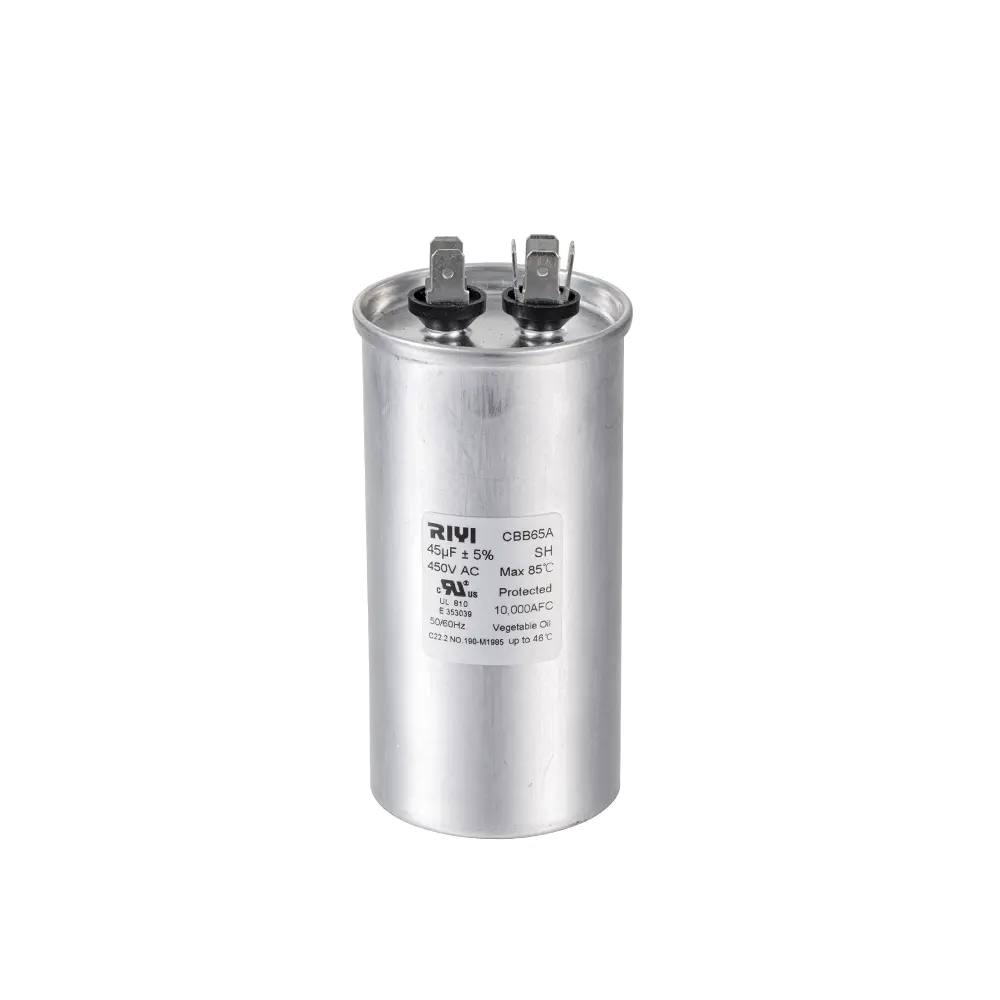
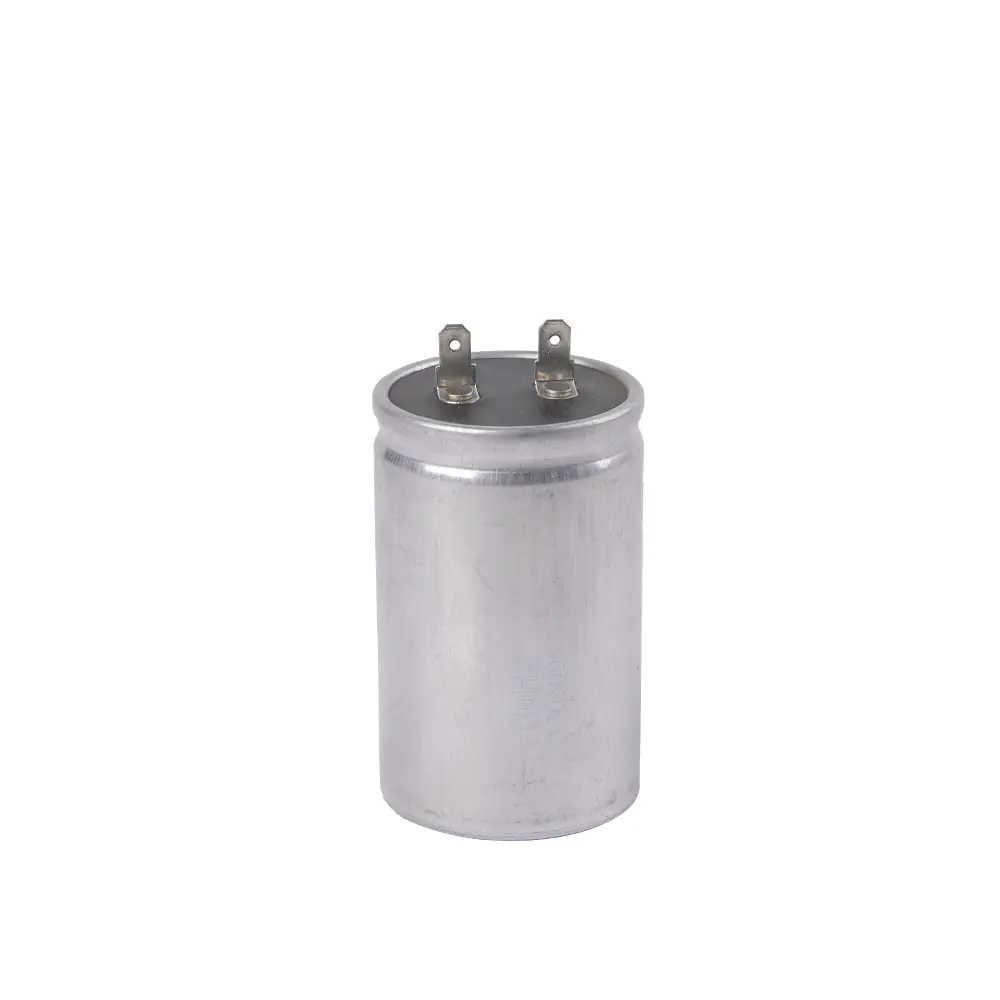
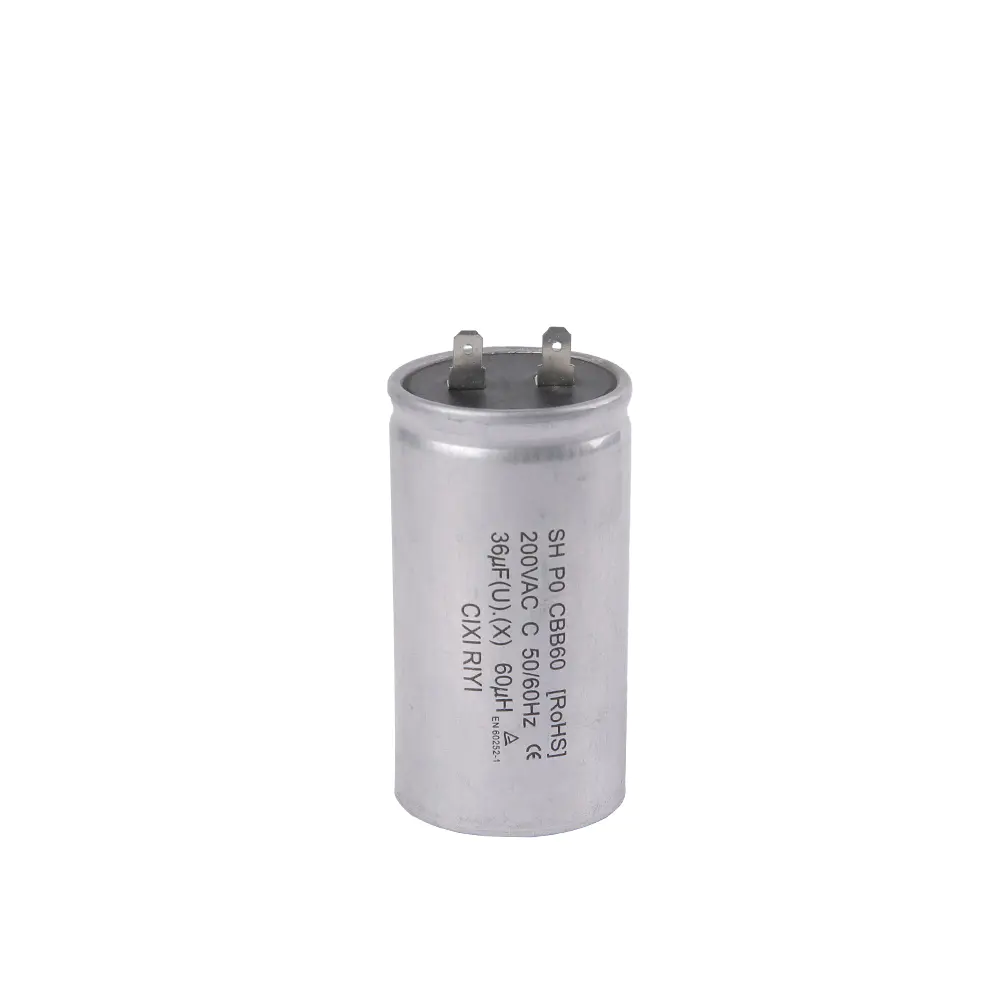
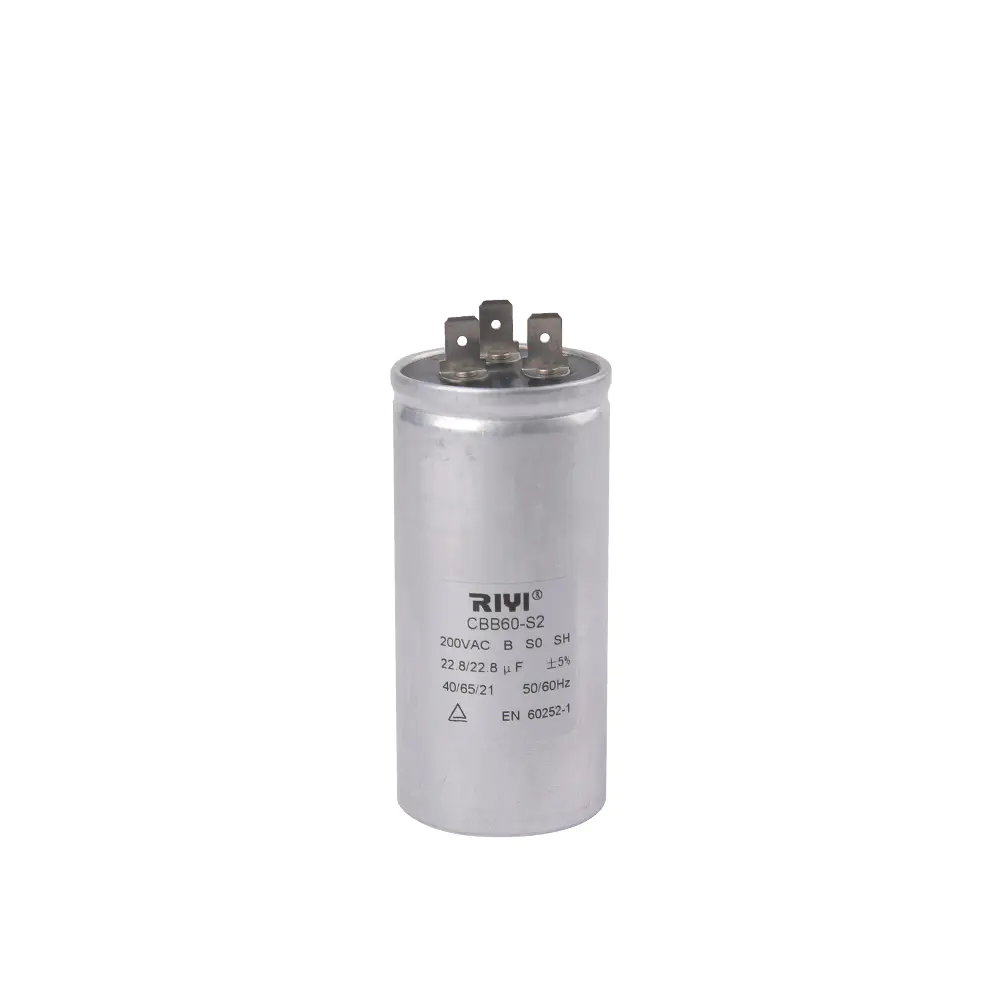
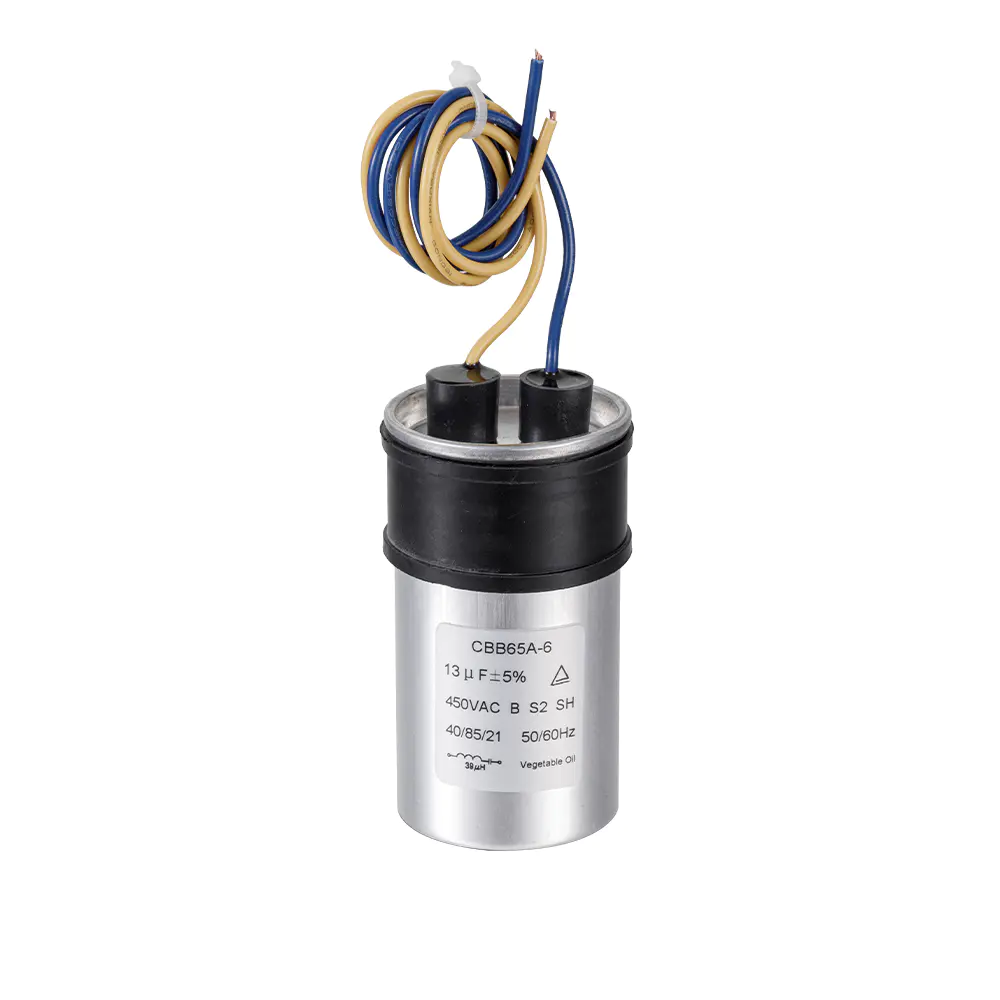
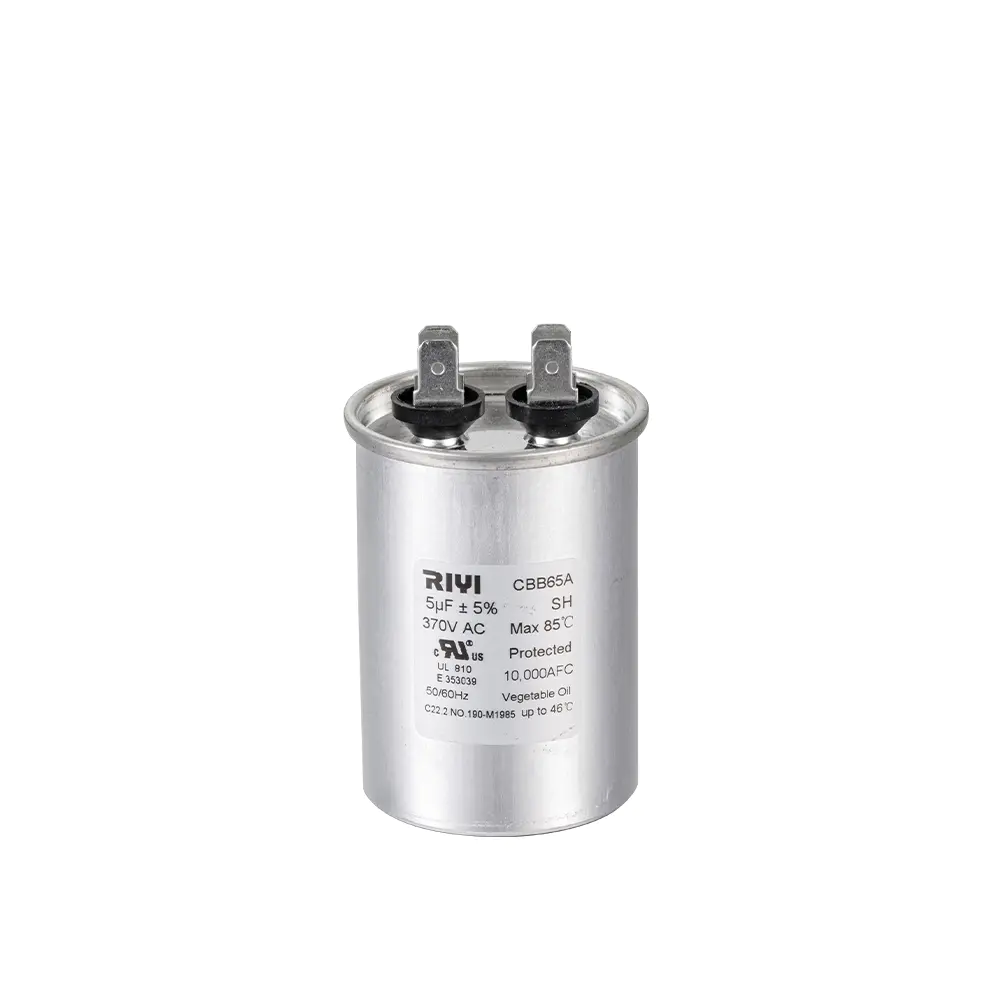
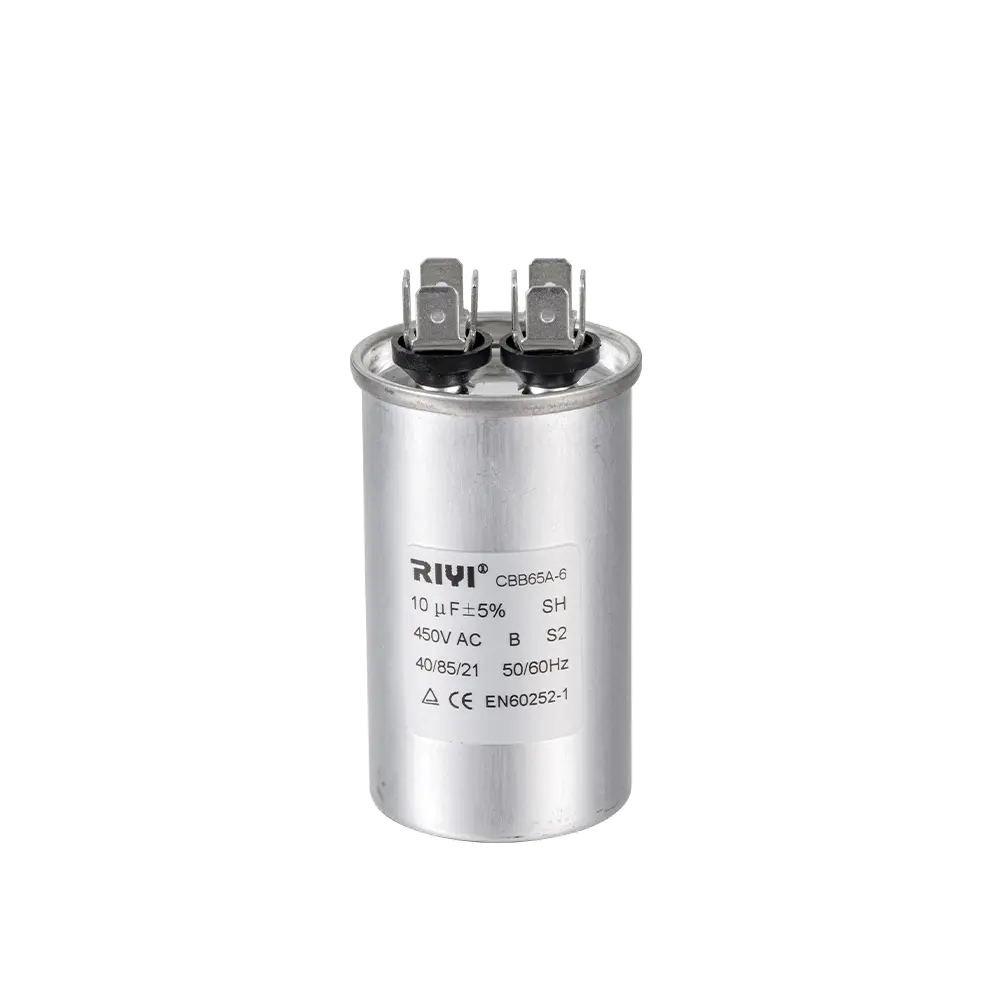
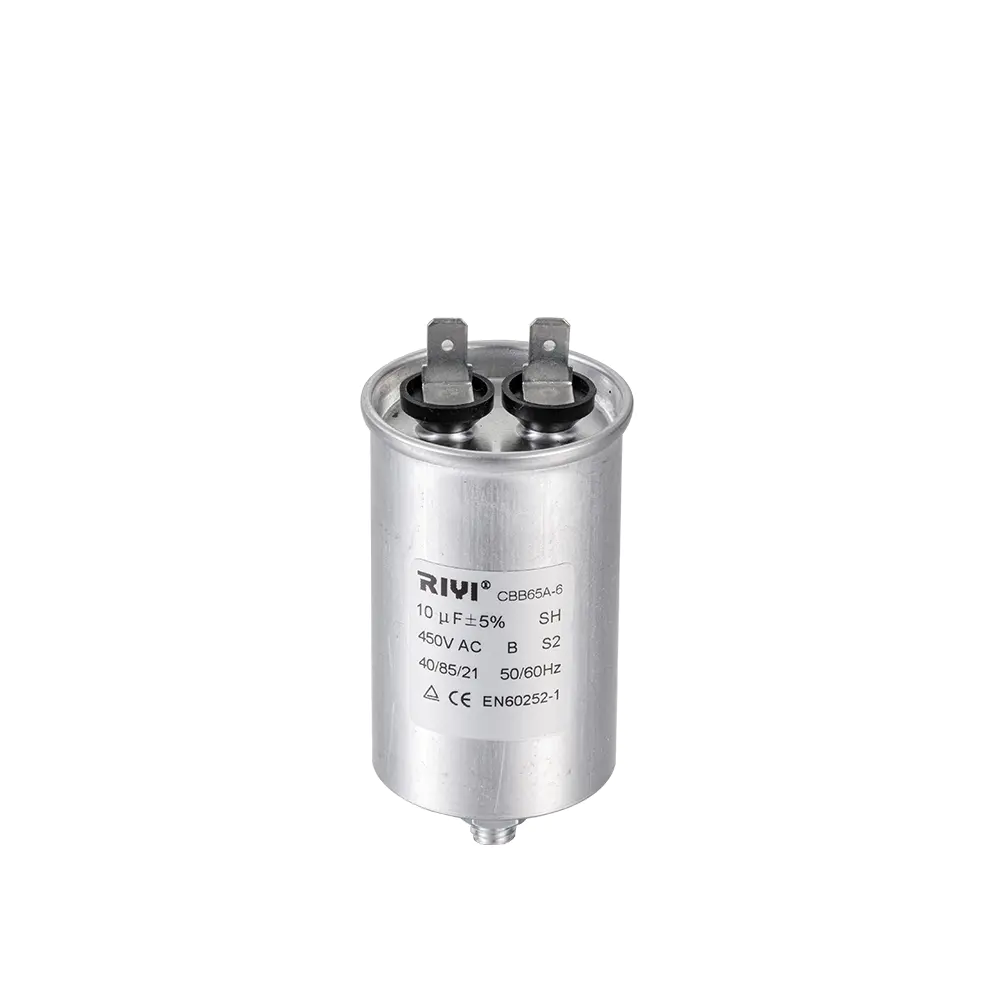
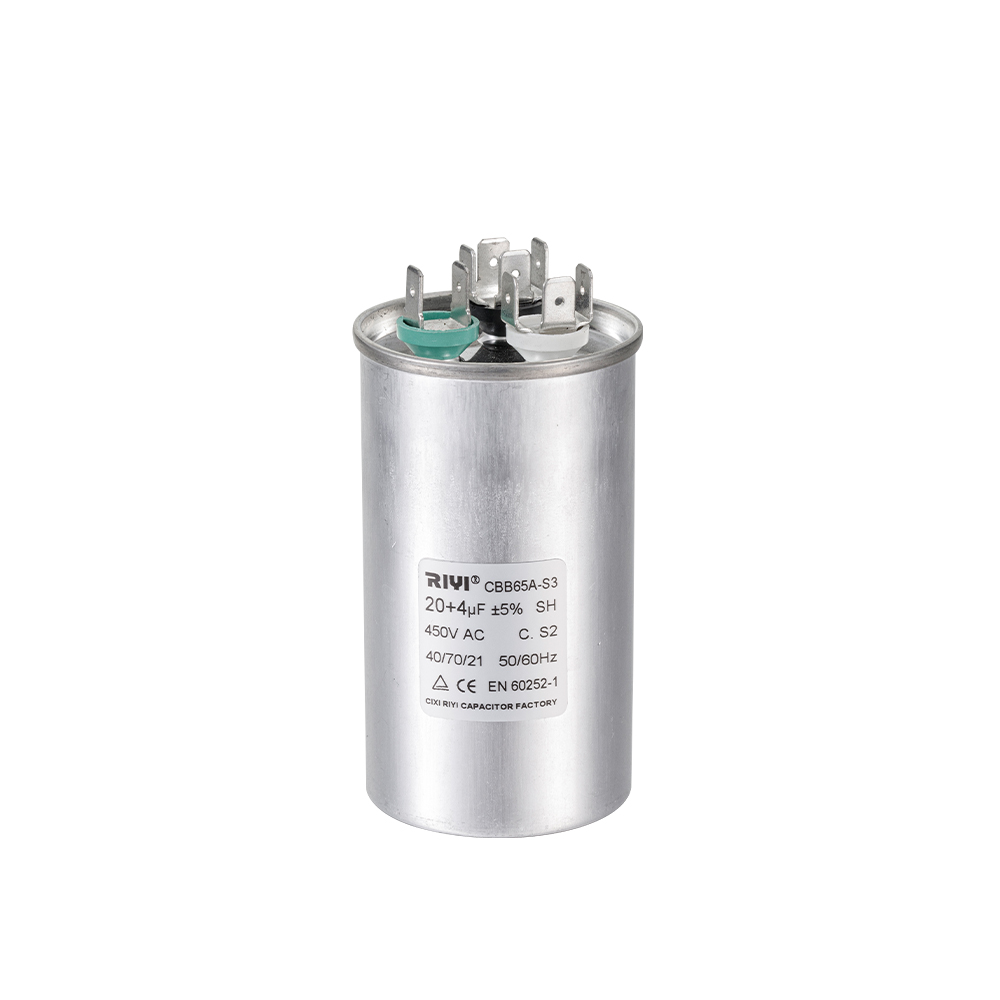
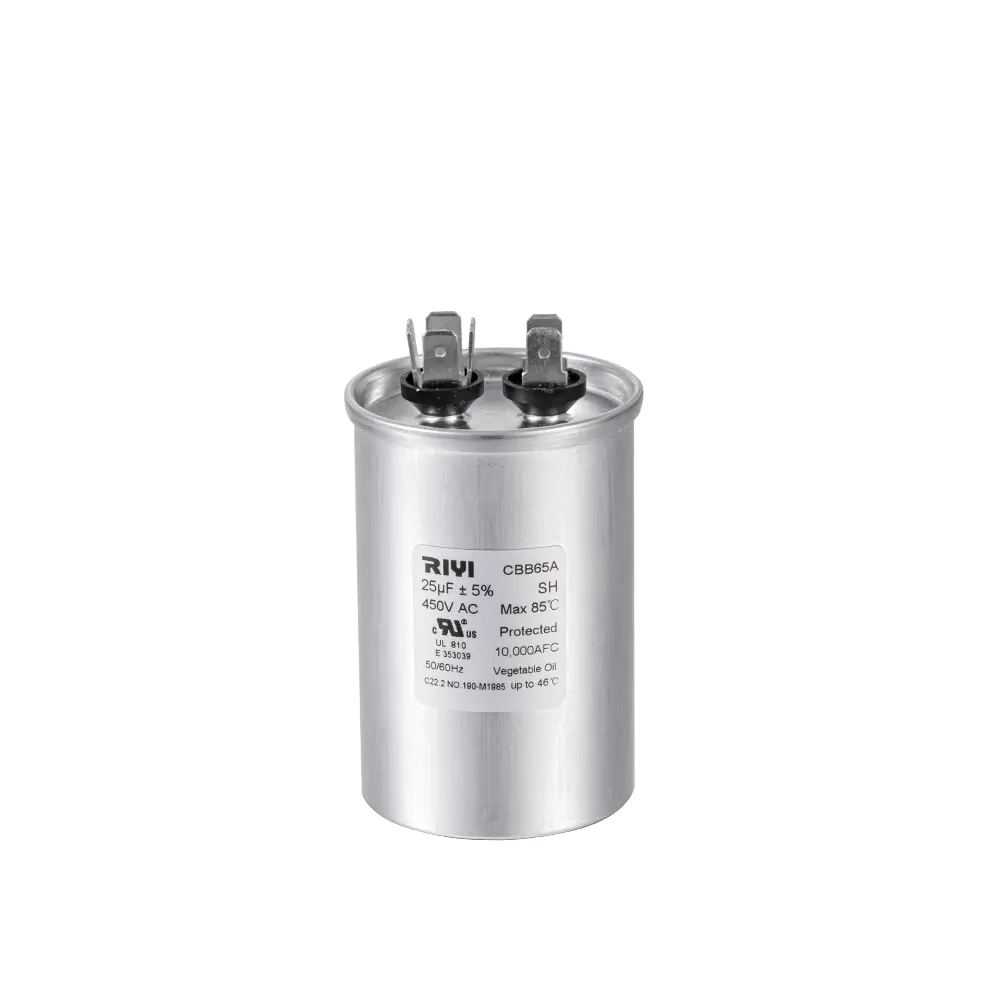
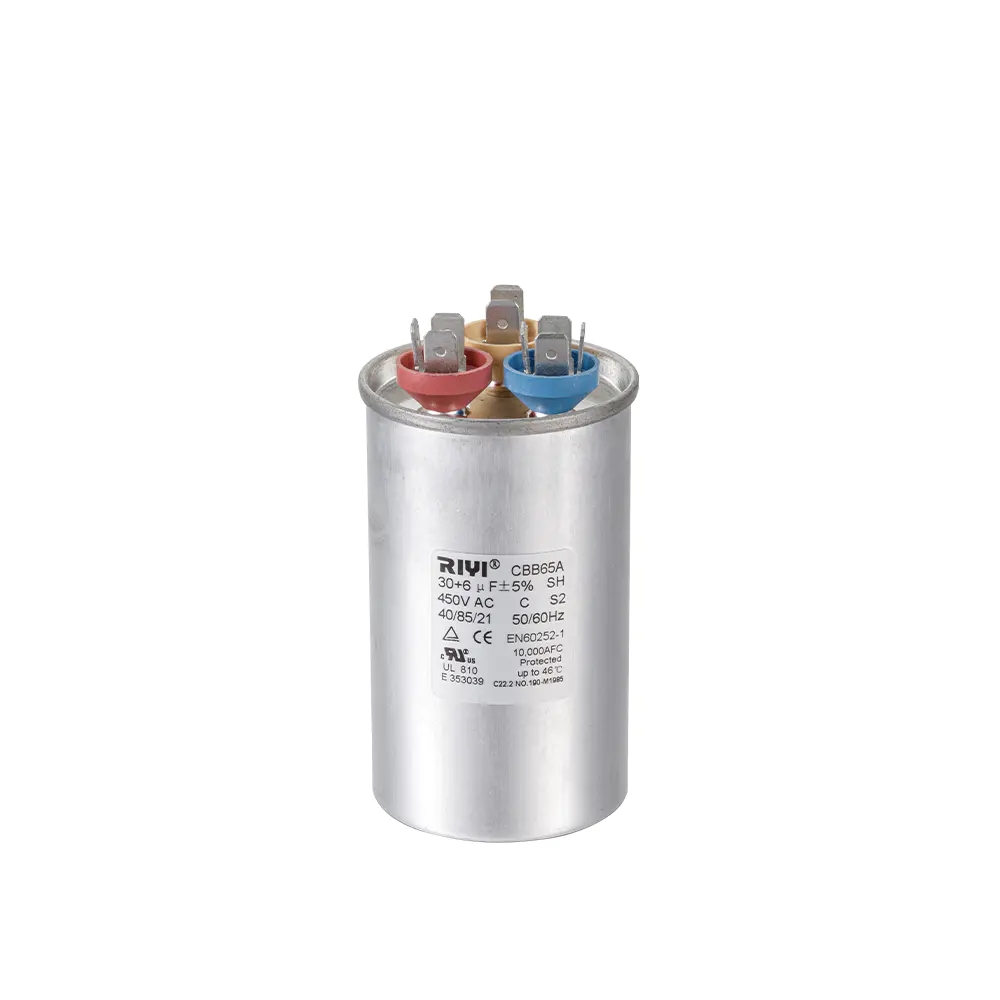
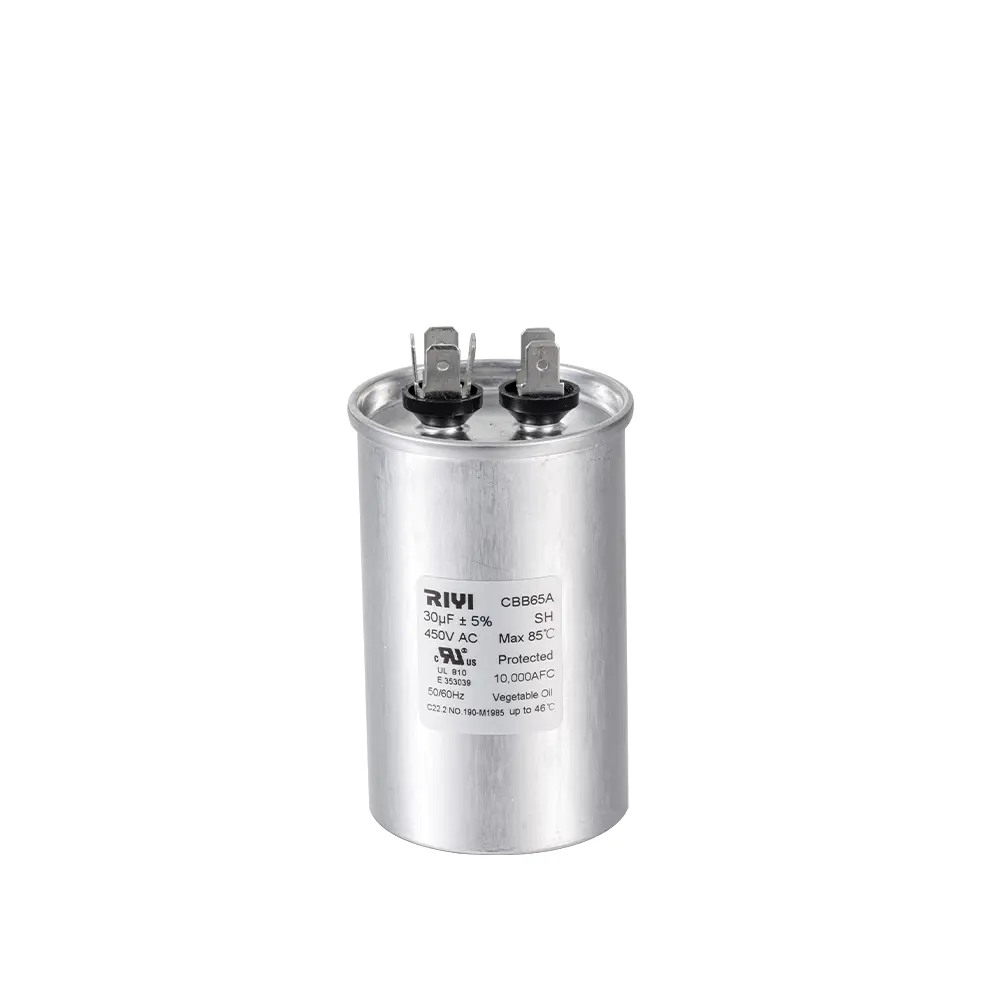

 +86-13600614158
+86-13600614158
 +86-0574-63223385
+86-0574-63223385 Zonghan Street,Cixi City,Zhejiang Province,China.
Zonghan Street,Cixi City,Zhejiang Province,China.